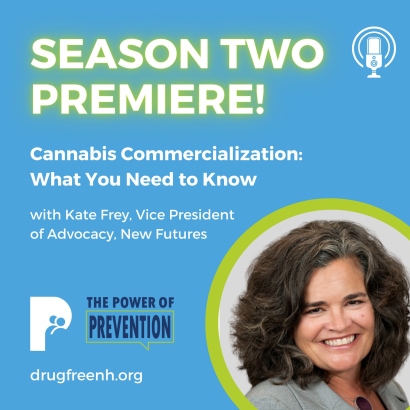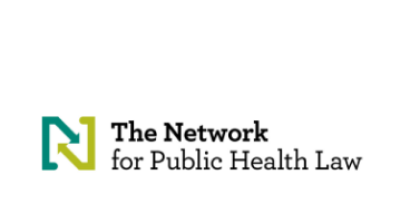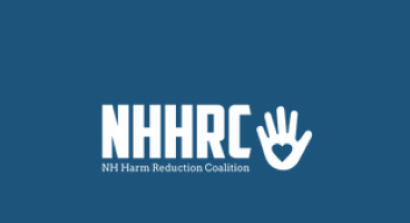
Overdose deaths from opioids are reaching levels unseen since 2015 due to an increased flow of fentanyl into New Hampshire. It is more important than ever for New Hampshire to adopt harm-reduction strategies to save lives.
Why It Matters
Harm reduction is rooted in evidence-based practices and incorporates a spectrum of strategies including safer techniques, managed use, and abstinence to promote the dignity and well-being of people who use drugs.
By the Numbers
434
people died of a drug overdose in 2023 in New Hampshire. More than 85% of the deaths involved fentanyl.
1,087
lives were saved by naloxone administered by EMS in 2024.
50% +
Syringe Services Programs (SSPs) are associated with an estimated 50% reduction in HIV and hepatitis C virus (HCV) incidence. When combined with medications that treat opioid dependence (also known as medication-assisted treatment), HIV and HCV transmission is reduced by over two-thirds, according to research.
Our Impact
New Futures has helped advance several harm reduction policy efforts in the Granite State including:
- The “Good Samaritan” law (2015) allows for an individual to call 911 for medical help in the event of a drug overdose without fear of arrest, prosecution, or conviction for the crime of possession of a controlled drug.
- Expanded access to naloxone (Narcan) for families, friends, and other individuals via prescription (2015).
- Establishing Syringe Service Programs (SSPs) in New Hampshire, which provide sterile supplies and safe disposal of syringes and other supports to those in need (2017).
- Legalizing the use and possession of fentanyl testing strips and other drug testing kits so people can safely test drugs without fear of arrest or fines (2023).





